In 2016, Ashley Call moved into one of Albertina Kerr’s group homes after sustaining a traumatic brain injury, resulting in short-term memory loss. At the time of her injury, she was a student at a culinary school with a passion for baking.
A bright, motivated young woman, Call has a strong desire to re-enter the work force. However, her memory problems have made it necessary for her to relearn key employment skills.
To help her find employment success, the group home staff encouraged her to apply for an internship with Kerr’s Project SEARCH program. Through this nine month internship—hosted by local businesses for adults who experience an intellectual or developmental disability (I/DD)—Call worked in three different jobs, learning valuable and transferable employment skills.
After graduating from the program, Kerr’s Employment Services team continues to support Call at her dream job—making cookies at a local bakery.
Kerr’s support for Call—from 24-hour residential care in her group home and employability training at an internship to ongoing support with Employment Services—requires collaborative communication. With Epic’s Coordinated Care Management system, the staff at Kerr who support Call through various programs can stay connected and assess all her needs.
For example, when Kerr’s residential staff schedules a medical appointment for her, the Employment Services team can see if she will have a work conflict and assist her with notifying her employer of her absence. And, because Call’s employment goals are now tracked in Epic, her group home caregivers can view her work goals and further assist her with skills training and support. Also, if Call experiences a medical event that will affect her ability to perform her job, Kerr’s Employment Services staff will have real-time communication to better support her at work.
Kerr’s move to Epic’s Coordinated Care Management system will have a positive impact on Kerr’s programs and services for children, teens and adults with I/DD and mental health challenges.

